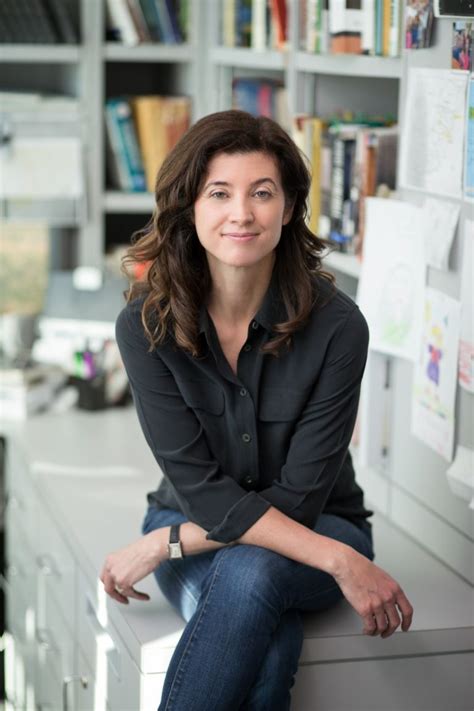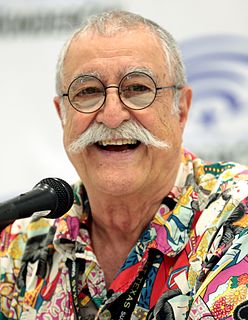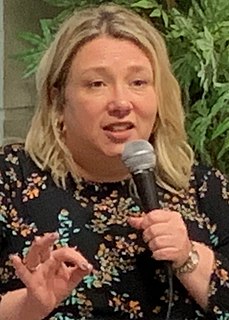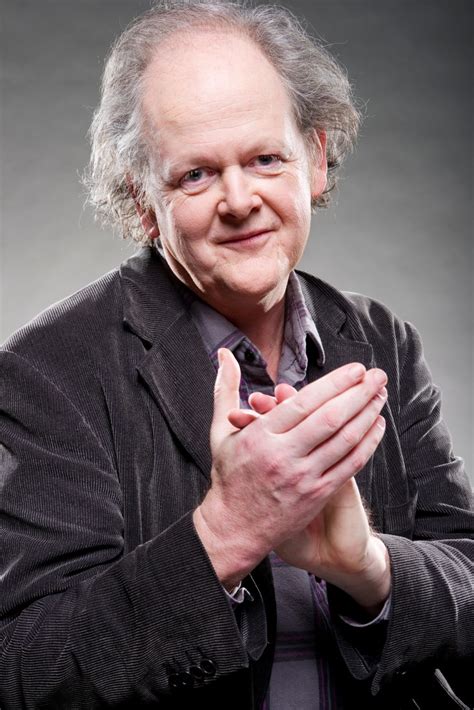A Quote by Candice Millard
More often than not, real life is so rich, complex and unpredictable that it would seem completely implausible in the pages of a novel.
Related Quotes
Real history is far more complex and interesting than the simplistic summaries presented in Wikipedia articles. Knowing this allows you to question received wisdom, to challenge 'facts' 'everybody' knows to be true, and to imagine worlds and characters worthy of our rich historical heritage and our complex selves.
Complexity has and will maintain a strong fascination for many people. It is true that we live in a complex world and strive to solve inherently complex problems, which often do require complex mechanisms. However, this should not diminish our desire for elegant solutions, which convince by their clarity and effectiveness. Simple, elegant solutions are more effective, but they are harder to find than complex ones, and they require more time, which we too often believe to be unaffordable
...until that moment I had not understood that this was a story about lonely people, about absence and loss, and that that was why I had taken refuge in it until it became confused with my own life, like someone who has escaped into the pages of a novel because those whom he needs to love seem nothing more than ghosts inhabiting the mind of a stranger.
During my last year of college I wrote the same ten pages over and over again. Those ten pages became the first few pages of my first novel. I can still recite the opening paragraph from memory - only now I cringe when I do it because they are - surprise! - a classic example of overwriting, in addition to being a more than a little pretentious.






































